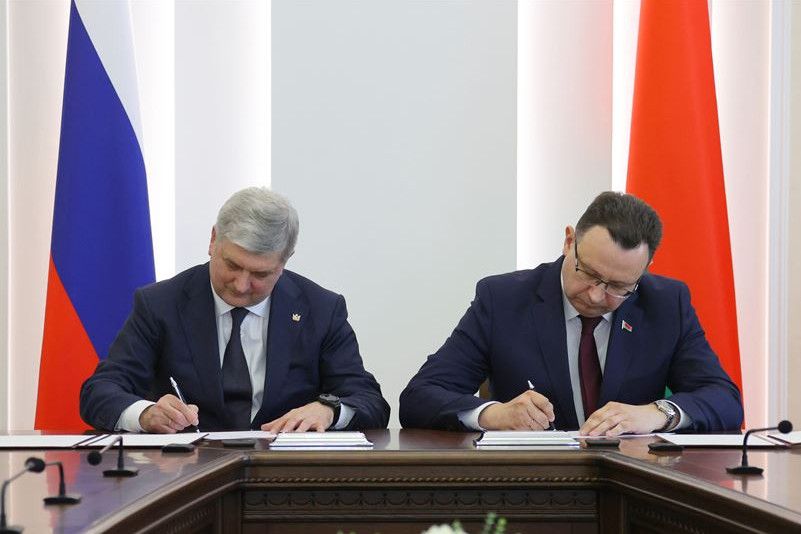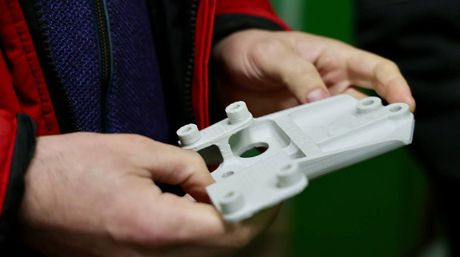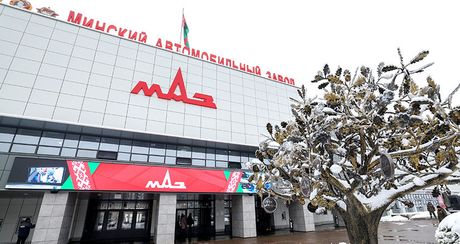Russia's Voronezh Oblast sees big prospects for cooperation with Belarus in cancer care
16:07, 28 April

Voronezh Oblast of Russia sees great prospects for cooperation with Belarus in cancer care, Governor of the Russian region Aleksandr Gusev told the media after his visit to the Alexandrov National Cancer Center of Belarus on 28 April, BelTA has learned.
- Share on Facebook
- Share on VK
- Share on Twitter
Aleksandr Gusev said that he was familiar with the cancer care system because Voronezh Oblast is now building a similar comprehensive system ranging from screening services to high-tech facilities. In his words, the Belarusian center is different in scale from the center in the Russian region, which is understandable: it is a national center that has the most modern equipment.
“My colleagues – healthcare specialists – took a deeper look into the matter. Here we will find not just an opportunity to exchange contacts (we know that some specialized equipment is produced in Belarus). The most important thing is that our specialists will be able to communicate. We are also developing video communication system for our oncologists. I think that exchange of experience, achievements, and methods of treatment is more important now than the search for the latest equipment. We know who produces it and how to buy it,” said Aleksandr Gusev.
Aleksandr Shchukin, the Head of the Voronezh Oblast Healthcare Department, admitted that he was pleasantly surprised by how properly logistics was organized in the Belarusian national cancer center. The center applies different methods.
The healthcare sector of Voronezh Oblast sees two areas of mutual cooperation, and Belarusian colleagues support them, said Aleksandr Shchukin. Firstly, it includes education and on-the-job training of Russian oncologists in the Belarusian cancer center, and secondly, it is an opportunity to participate in joint teleconferences, including discussion of all treatment methods in use.
According to him, Voronezh medics are aware of the medical products made in Belarus, including anesthesia and respiratory devices, surgical tables and consoles, which are not just competitive but comparable with the European ones in terms of quality. “We see great opportunities for re-equipping our healthcare institutions,” he noted.






